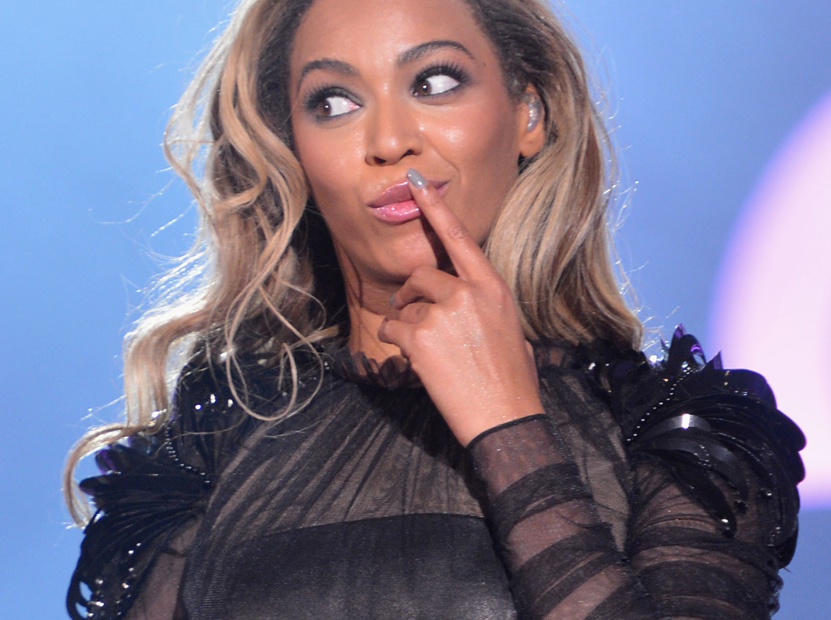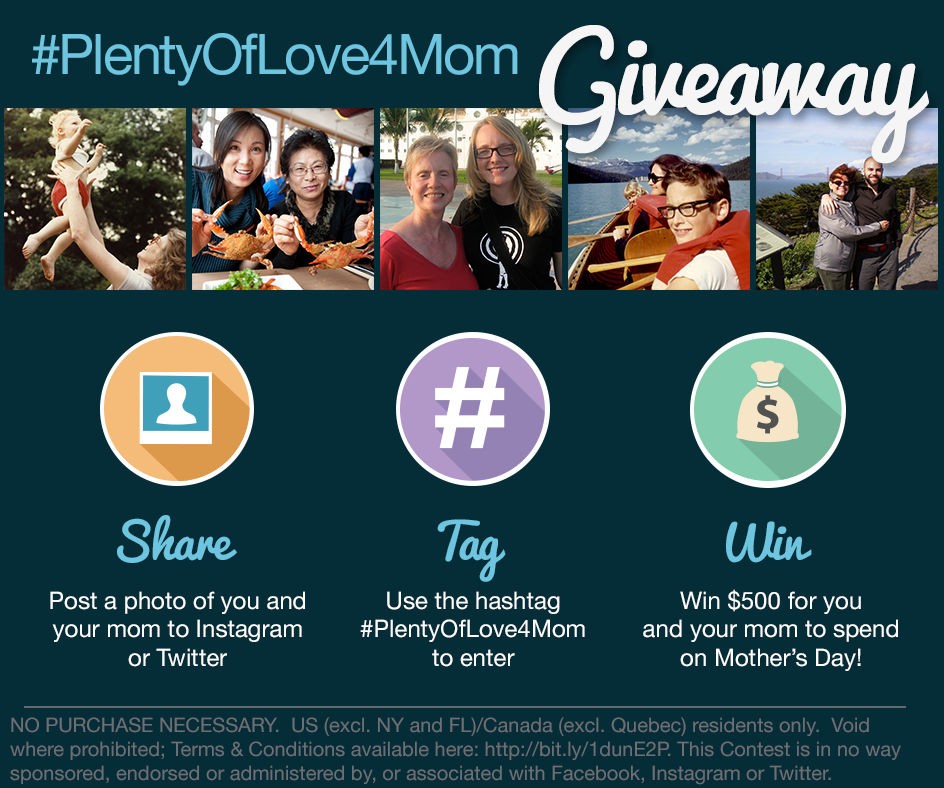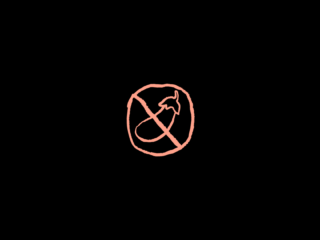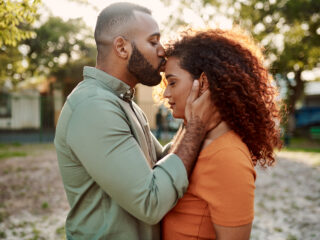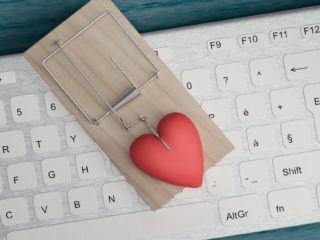Would it surprise you to know science backs intuition as a source of valuable inner wisdom? A few years ago, I would’ve thought the same. Yet intuition is real—and scientifically confirmed. Seated in the right hemisphere, or half, of the brain, intuition is knowing without factual proof.
In experiments with people who’ve had surgery that keeps their right and left hemispheres from communicating (done to control the spread of electricity that can worsen epilepsy), people do curious things. For instance, if the right hemisphere is exposed to the word “sun” and the left half experiences the word “dial,” they’re only conscious of having experienced “dial.” But when asked to draw a picture with their left hand—which is connected to the right hemisphere—they draw a sun. The right half knows. It just can’t directly say so, because it’s non-conscious.
Intuition probably exists to save us; the biggest threat to most people is other people. We are each other’s heaven and hell. Have you ever had the feeling that a nearby stranger would harm you, given the chance? Don’t investigate—leave! The cost of being wrong and leaving is low; the cost of being right and ignoring your gut is potentially disastrous. Intuition is particularly accurate in areas where we have lots of expertise or experience. And I suspect it also works best in scenarios that would have been vital to our ancestors’ survival and reproduction—like mate selection. Our intuition can tell us we’re with the Wrong partner. It might not be an emergency; still, the voiceless voice is there.
I’ve had this happen twice. The first time, I was engaged. My intuition gradually escalated its alarm, from anxiety to panic attacks to a dream where the voice became conscious: “You must not marry this man!” I left—and all symptoms of anxiety left too. The second time was less dramatic, but no less important. I had gotten fairly involved with a man who seemed perfect in many ways—except he wasn’t kind. He wasn’t mean, exactly; but he didn’t have warmth or caring in him, and his smiles didn’t reach all the way up to his eyes. I could never make a life with someone like that. My intuition warned me from the first date, and I should have listened then. But it kept piping up, and I got out after a few months.
Why aren’t we better at listening to our intuition? Dr. Brené Brown points out that “most of us are not very good at not knowing.” We aren’t good at following what our intuitive right-brain tells us, because our intuitive right-brain does not offer proof—just hunches. Dr. Brown continues, “What silences our intuitive voice is our need for certainty.”
My intuitive voice wasn’t silenced; but I definitely overrode it, and I did so because I wanted proof. What do you do when you feel unclear about someone? If you’re like me, you ask your friends for their opinion. But your right brain does not care about others’ opinions. It cares about protecting you. Listen.
My intuition usually told me, fairly directly, to leave. Yours might tell you to slow down and learn more about this person. Diane was proposed to by a very wealthy man. Her intuition told her something was wrong—and she honored it. By gathering more information, she learned her would-be fiancé didn’t want to support her or her children; she found that even if she did marry this man, she was still on her own. By listening to her intuitive direction to learn more, she prevented what she later told me would have been certain divorce.
In my experience, Diane was braver than most. I know there were times I actively suppressed my own inner knowing because I was tired of looking. I wanted this to be the Right relationship, whether or not it really was. A lot of people hide from the truth to avoid immediate pain, instead of digging out the truth to prevent eventual pain. I think that’s a big part of what silences intuition in dating: We want this one to be The One, so we keep our eyes half-lidded just when we need them wide-open. Remember that you are still investigating this person until you get married.
A sense of fairness also motivates some folks to hide from their intuitive truth. This was me to a T. Is it okay to condemn someone to being cast out of your life when you have no factual evidence that they’ve done—or will do—anything wrong?
This is a good place to remind you that when we’re dating, we aren’t in a court of law. We don’t have to prove anyone guilty beyond the shadow of a doubt; we don’t have to be absolutely certain, or have any proof whatsoever. Dr. Helen Fisher said it perfectly: “Love isn’t about fairness, it’s about winning.” This is dating—you can leave just because you want to. You can leave just because you need to. You can leave just because your gut tells you to. Fairness does not enter into it, and your commitment should not be marital until you are married.
Don’t guilt-trip yourself to the altar, only to stumble in the biggest decision of your life! Embrace your right brain; find your right partner.
Duana C. Welch, Ph.D., is the author of Love Factually: 10 Proven Steps from I Wish to I Do; this is a partial excerpt, copyrighted by the author. For more information and a free chapter, visit http://www.lovefactually.co


